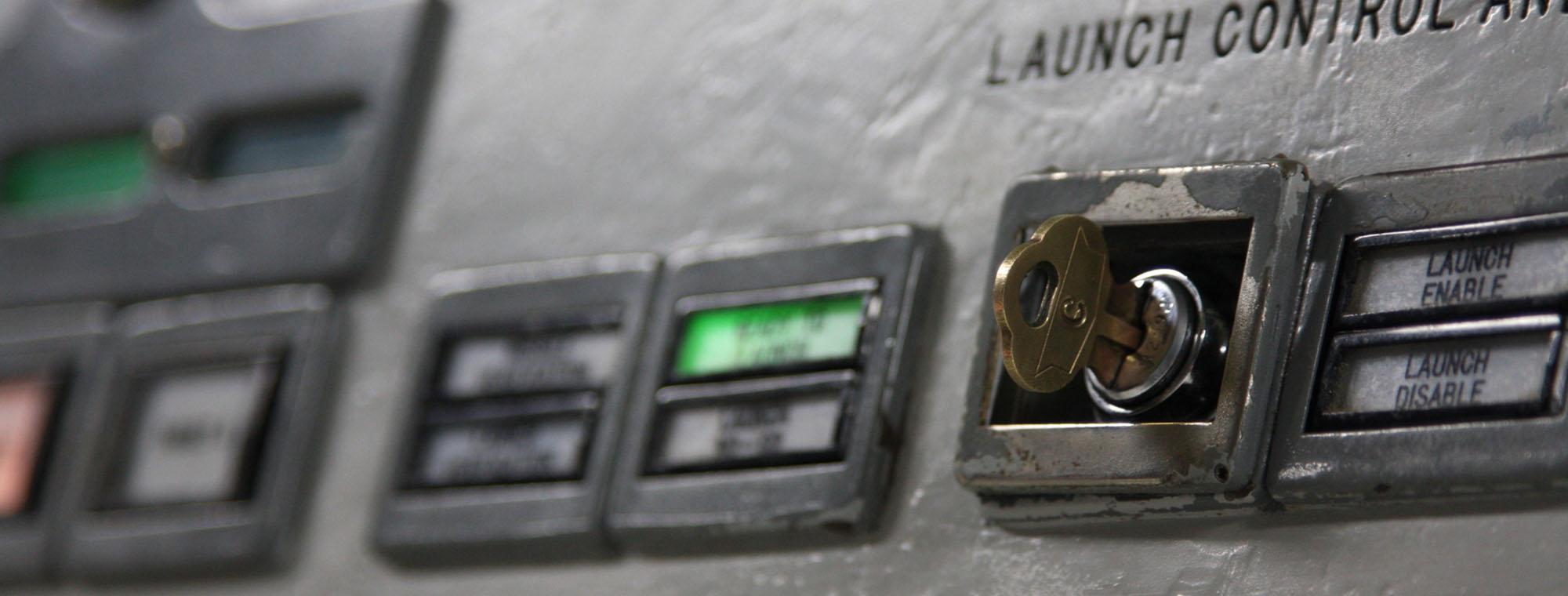In November, US citizens will head to the ballot box to elect a new president - yet among the American populace, the necessity of elections is increasingly up for debate. Data from the World Values Survey shows that a growing minority of Americans—wealthy young people in particular—are questioning the value of democracy. According to an article published in the Journal of Democracy, 35% of wealthy young Americans now favor military rule. Support for authoritarian governance has been steadily growing among the American rich for the past several decades. Tech billionaire Peter Thiel is even on record as saying that capitalism and democracy are incompatible, and he seems to be more than happy to sacrifice the latter to maintain the former. While shocking, Thiel’s casual attitude toward dictatorship is no longer a fringe view in the United States. In 2011, more than 30% of Americans said they were fine with having “a strong leader who doesn’t have to bother with Congress or elections.”
This trend, which is part and parcel of the worldwide revival of reactionary politics, is obviously worrisome. It’s disturbing to see nakedly antidemocratic sentiment making its way into the political mainstream. But there’s one aspect of American society in which autocracy is already the accepted norm: nuclear weapons policy. In the United States, the president has the absolute authority to launch a nuclear attack. He or she doesn’t have to seek approval from the legislative branch, the public, or anyone else. If the president wills Armageddon, there’s effectively no way to stop it from happening.
Harvard professor Elaine Scarry dubs this authoritarian state of affairs a “thermonuclear monarchy,” and she argues that it calls into question the United States’ foundational republicanism. You can probably see her point. For a country that fought a war of independence against tyrannical King George, it’s a bit strange that we give a single individual total control over an arsenal of apocalyptic death machines. But legally, there are no constraints on the president’s ability to launch a war that could wreck the planet for generations. I don’t know about you, but I kind of like it here - shouldn’t we at least get to vote on that?
This nuclear despotism is especially concerning since historically, there have been situations when a president’s judgment was deeply compromised. In the waning days of the Watergate scandal, Richard Nixon was depressed and frequently drunk: aides became increasingly concerned about his mental stability. (And lest we forget, this was the president who threw himself into Henry Kissinger’s “madman theory” with disturbing gusto.) Secretary of Defense James Schlesinger, cognizant of Nixon’s questionable mental state, instructed the military to check with him first if the president ever ordered a nuclear strike. In hindsight, Schlesinger’s action seems perfectly legitimate, even admirable - but it was actually illegal and continues to be. If Nixon had decided to embrace his inner madman and nuke someone, theoretically he would have been completely within his rights to do so.
As a recent Bloomberg feature illustrates, the antidemocratic character of our nuclear weapons regime even extends down to the launch procedures for our intercontinental ballistic missiles (ICBMs). In an ICBM missile field, 50 missiles are jointly controlled by five two-person teams, each in a separate location. To launch the missiles, each team “votes” by inputting their launch codes and simultaneously turning their launch keys. But here’s the thing: it only takes two votes to launch all of the missiles. Even if three of the five teams refuse to turn their keys, 50 ICBMs will still come roaring out of their silos. Now call me a bleeding heart, but in my opinion we should require at least a simple majority to initiate the end of the world.
Examples such as these fly in the face of the United States’ nominal democracy, but the tyranny of nuclear weapons also exists on a global scale. At the international level, a tiny nuclear oligarchy reigns, endangering the global population. There are only nine countries that possess nukes - and despite paying constant lip service to the goal of “a world without nuclear weapons,” they frequently block, stymie, or delay substantive disarmament efforts.
For example, the UN’s Open Ended Working Group (OEWG) on nuclear disarmament has quietly spent the past year making concrete progress toward a global ban on nuclear weapons. More than 100 nations participated, but tellingly, none of the nuclear-armed states opted to join the historic proceedings. The US State Department released a statement chiding the OEWG for being needlessly “divisive” and “unrealistic” on the issue of nuclear weapons. And participating US allies (NATO members, states under the US “nuclear umbrella”) attempted to derail the OEWG from within, even branding their own snail-paced incrementalism as somehow “progressive.” Presumably they regard everyone else—those in favor of a ban, representatives from the majority of states on Earth—as a bunch of regressive yokels incapable of appreciating the complexities of nuclear security.
And yet, the 180-odd nations without nukes—the 95%, if you will—are still subject to the apocalyptic risks proliferated by the countries that have them. The effects of even a limited nuclear exchange would not halt at national borders, so it’s hardly surprising that disarmament is popular internationally. As Peace Action’s Kevin Martin recently pointed out, a 2008 World Public Opinion poll of 21 countries found that 76% of respondents either “strongly” or “somewhat” favored an international agreement to eliminate nuclear weapons. If the world ever held a binding global referendum on the subject, it’s a good bet that total nuclear disarmament would be the winning result.
The OEWG is exciting for similar reasons: it takes an unapologetically democratic approach to the nuclear weapons issue, publicly demonstrating that the nine nuclear-armed states do not have the right to endanger the entire planet. The global majority has taken the initiative to end nuclear risk - and so far, the ruling oligarchy has been unable to quash the proceedings. The OEWG’s report, which recommends convening a conference to “negotiate a legally-binding instrument to prohibit nuclear weapons, leading towards their total elimination,” was decisively passed 66-22, with 13 nations abstaining. The process continues to move forward: Austria just sponsored a General Assembly resolution to officially begin negotiations for the 2017 conference.
Those of us who are US citizens may feel distant from the UN initiative, but when it comes to nukes we have more in common with the international populace than we do with our own national security establishment. The average American isn’t a diehard supporter of nuclear defense. That same 2008 poll found that 77% of US citizens express support for eliminating nuclear weapons worldwide - yet our thermonuclear monarchy refuses to veer from its absolutist path. We aren’t alone: a similar disconnect exists between the citizenry and the defense apparatus in the other major nuclear weapons states, including perennial international bogeymen Russia and China.
We hear a lot of flowery rhetoric about “global citizenship” these days, but perhaps it’s time to embrace that overexposed phrase. The thing about monarchies—and oligarchies too—is they eventually fall, brought down by their own disenfranchised subjects in a revolutionary upswell of democratic sentiment. Even common sense demands such as increased transparency in the weapons complex, greater public oversight of defense budgets, and less dictatorial launch procedures (such as those proposed by the new “Restricting First Use of Nuclear Weapons Act”) would go a long way toward delegitimizing nuclear czarism here in the US. And the global scope of the challenge is really a feature, not a bug: quite simply, the numbers are on our side. By pushing for international popular control over nuclear weapons, we can stoke the fires of democracy and begin the process of toppling the despotic thermonuclear regime - both here and abroad.
Also published in the Huffington Post.
Photo: Titan Missile Museum, by didimouman




